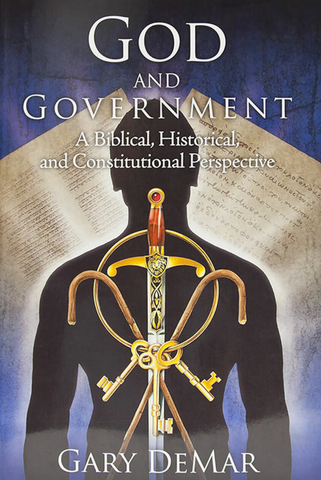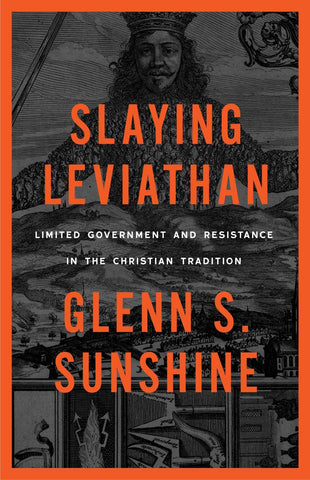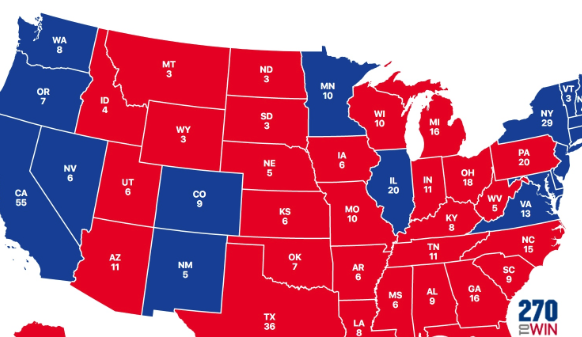You remember Monica Lewinsky. She stated that she had nine sexual encounters with President Bill Clinton in the Oval Office. Her real expertise is coming out as a political analyst. She has written an article advocating for several amendments to the U.S. Constitution. One of her suggestions is to scrap the Electoral College system that’s used to elect the president. “The most fundamental underpinning of a democracy [see my article on “democracy”] is the fact that those who govern are chosen through free and fair elections. Especially heads of state. The Electoral College ain’t it,” she claimed.
She’s not the first liberal to call for scrapping the Electoral College. In an interview with Anderson Cooper, Hillary Clinton said that it was time to abolish the Electoral College. Of course, she said “it needs to be eliminated”; she lost to Donald Trump in 2016 because she did not get the needed electoral votes. Even though she won the popular vote count.
The Electoral College is needed more than ever. In fact, I’d like to see states adopt it for their state elections. For example, the population of New York City is 8.5 million while the population of the state is 19.85 million. This means that around 64 percent of the state’s population lives in the New York City metropolitan area and 40% in New York City alone. Their massive vote ends up controlling the state.

God and Government
This book has become a standard text in homeschooling and Christian school classes. For decades, in the hands of countless teachers, parents, and students, it has educated minds young and old in the Christian history of America, the origin and foundation of government, the biblical principles of authority, and the basis and necessity of Christian political activism. But the work of reviving America is far from finished, and Americans need to hear—now more than ever—the biblical and historical truths explained in God and Government.
Buy NowCounties in a state are like states at the national level. They are often self-governing, giving people economic and political options that differ from other counties and the state.
But back to the Electoral College at the national level. DNC Chairman Tom Perez said, “The Electoral College is not a creation of the Constitution. It doesn’t have to be there.” But it is a creation of the Constitution. It’s there for anyone to read in Article II of the Constitution.
The Electoral College is made up of five hundred and thirty-eight votes. These votes are divided up among the 50 states and the District of Columbia, a very small city that gets three votes. The number of votes for a state is determined by adding the state’s two senators with the number of U.S. representatives. For example, the State of Georgia has 14 representatives and two senators (like every other state). This gives Georgia 16 electoral votes. No state has fewer than three votes. The candidate that gets the most votes in the state gets all the electoral votes, even if that candidate wins by a single vote. To win the presidency, a candidate must win a total of 270 electoral votes.
The case against keeping the Electoral College is that a candidate can win the popular vote but not the presidency. The case for keeping the Electoral College includes several facts. First, by keeping the Electoral College, it makes a candidate have a nationwide campaign which does not leave most rural populations out.
Second, it gives smaller states a voice about national policy that could affect their states. The states created the national government not the people generally.
Third, the Ninth and Tenth Amendments indicate that states have ultimate say over unconstitutional provisions.
Fourth, it prevents candidates from appealing to the interests of people from high populace states that would end up governing most of the nation (e.g., California, Texas, and New York). As mentioned, New York City has a population of more than 8.3 million people, greater than 39 states.
The primary argument of the anti-Electoral College crowd is that the popular vote loser can still win the presidency. Winning by large margins in states with fewer electoral votes and losing by narrow margins in most of the larger electoral prizes usually accomplishes this. This happened in 1824 when Andrew Jackson received 37,000 more votes than John Quincy Adams but not enough electoral votes to win the election. It happened again in 1876 and 1888. To most Americans, this does not seem fair. We like to think that the most popular person should win. Of course, thankfully, it happened again in 2016.
Contrary to what most Americans believe, we do not live in a pure democracy. The United States is a Republic as provided for in Article IV, Section 4 of the Constitution which states, “The United States shall guarantee to every State in the Union a Republican form of Government….” Constitutionally, the President, Congress, and the Supreme Court represent the interests of the states, not the people in general.
To be sure, there are democratic elements in our republican form of government (the popular vote). There are also monarchical elements (the presidency), but we do not call ourselves a monarchy. There is even an oligarchical component (the Supreme Court), but we do not describe ourselves as an oligarchy. The term that best describes our government would be a constitutional republic. When we vote, we vote for people who will represent us in Washington D.C. in terms of a written Constitution which serves as a contract binding them to vote in terms of the Constitution. Elected officials take an oath to uphold the Constitution. They do not take an oath to vote in terms of the will of the people. The people can change the Constitution through an amendment process.
Supporters of the Electoral College argue that the Electoral College protects the states’ role in electing the president. By keeping the Electoral College, a presidential candidate must run fifty simultaneous campaigns. No one campaigns in the District of Columbia because it’s a foregone conclusion that it votes Democrat. By doing this, it prevents candidates from only visiting large urban areas such as New York City, Los Angeles, or Chicago. If a candidate could dominate the large cities, then the voice of lesser populated states would be overwhelmingly drowned out. Some think that under a popular vote system, candidates would target big media markets with campaign ads and ignore large swaths of the country. In fact, Hillary Clinton expressed her disdain for middle-America by calling it “fly-over country,” that is, the area that a person flies over to get to the important areas of the country—the mega-cities and states that are the true centers of power and culture.

Slaying Leviathan
In Slaying Leviathan, historian Glenn S. Sunshine surveys some of the stories and key elements of Christian political thought from Augustine to the Declaration of Independence. Specifically, the book introduces theories of limited government that were synthesized into a coherent political philosophy by John Locke. Locke, of course, influenced the American founders and was, like us, fighting against the spirit of Leviathan in his day. But his is only one of the many stories in this book.
Buy NowBy keeping the Electoral College, we would also be ensuring that states still had power over one of the most important decisions the country makes. States’ Rights played the primary role in establishing the Electoral College. While the battle of how the president would be elected was fought, the issue of the popular vote came up. Immediately the smaller states protested. They claimed that the states with the larger populations would dominate all the elections. Another proposal suggested that Congress should choose the president. Again, there were protests. Finally, a compromise was made. Each individual state would be able to play a role in selecting the president based on the number of Senators and Congressmen in that state. This ensured that the states would retain their sovereignty and check the power base of more populace states.
The small states benefit greatly from the Electoral College. To a degree, they are over-represented in the Electoral College and in the House of Representatives, but for good reason. By having things set up this way, smaller states are protected from being dominated by the larger states. For example, California (the most populous state) has 65.6 times as many people as Wyoming (the least populous state), but only has 18 times as much voting power in Congress, and 18 times as many electoral votes. This process of over-representation of the smaller states will assure that their interests will be heard, and they would not be overrun by the more populous states.
Consider this scenario: Imagine that Donald Trump defeated Hillary Clinton in every state except California. In each one of these states, Trump’s margin of victory was 20,000 votes. In California, Clinton defeated Trump by more than 2,000,000 votes. This would have made Clinton the popular vote winner of the country by more than 1,000,000 votes, but Trump would have won the election with an electoral vote landslide. In this case, California would have overturned the will of all the other forty-nine states. Only twelve percent of the people in the United States live in California. In effect, a state representing twelve percent of the people had a disproportionate impact on the election. Because most votes for Clinton were concentrated in one state, under a popular vote election, state sovereignty would be a thing of the past. By having the Electoral College in place, it ensures that this scenario could never happen.
When we look back at the Framers of the Constitution, we can see how remarkable and ingenious it was of them to come up with such an effective, equitable, and efficient system.

